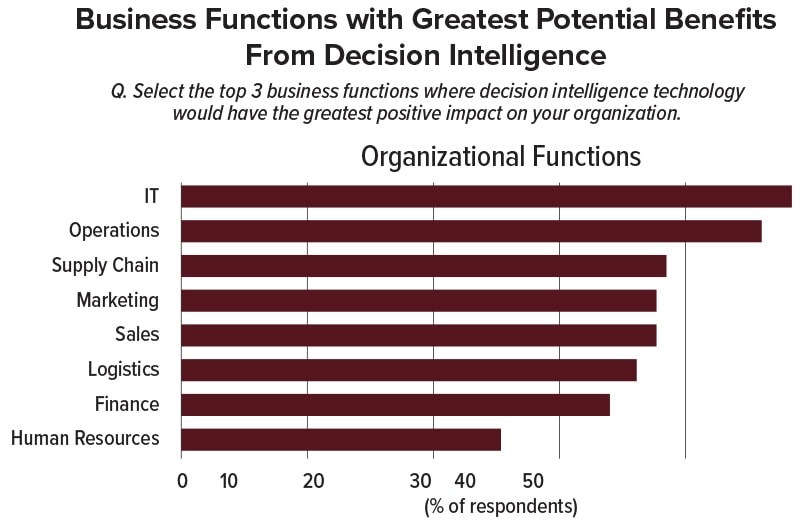
Making data-driven and automated logistics decisions is key for companies looking to improve outcomes in a relatively short period of time. By eliminating bias, intuition, process silos, and manual work from the decision-making process, businesses can streamline their operations and achieve better results.
To embark on this journey, companies should first assess their current logistics decision-making processes. Identifying decisions that are siloed or heavily reliant on manual work presents opportunities for digitalization. Once these areas are pinpointed, the next step is to determine whether it’s best to provide real-time insights to support decision makers or deliver data-driven recommendations that can be accepted manually or automatically.
Education and change management are essential for the successful implementation of these initiatives. Starting with logistics decisions that offer the greatest potential value and then expanding the use of AI across other areas of the business can lead to significant benefits. As pioneers in decision intelligence have demonstrated, embracing intelligent and efficient supply chain ecosystems today lays the foundation for a more sustainable future.

